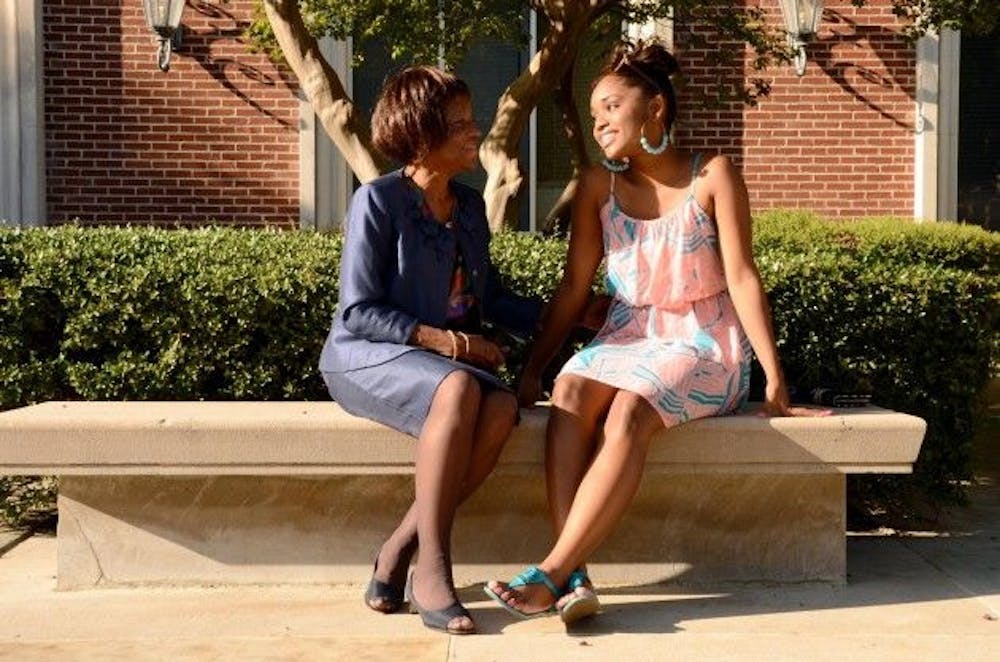In 1959 the Memphis State Eight stepped onto campus as the first black students to attend the University of Memphis. Fast forward to 2012, 42 percent of the student population is black and a historical marker for the first eight is set to be unveiled next week.
"Coming onto campus for the first time was a day I will never forget. There was so much anxiety and tension. I worried about my own safety and the safety of the other seven. It was the eight of us against about 8,000 whites. We were making a big statement, and a bold statement," said Bertha Rogers Looney, one of the Memphis State Eight.
Meca Hill, business and economics major, grew up hearing about the trials faced by Looney, Hill's grandmother. The stories that Looney shared had a major influence on Hill's life.
"Growing up, I've always known that I was going to the University of Memphis. I've never even thought about any other colleges in my scholastic career, and the Memphis State Eight is why," Hill said.
In addition to Looney, the group consisted of Eleanor Gandy, Marvis LaVerne Kneeland Jones, Rose Blakney-Love, Luther McClellan, Ralph Prater and John Simpson.
When the Eight arrived, the students had to abide by strict rules and regulations to ensure their safety at the school - then Memphis State University. They could not be on campus before 8 A.M. and had to be gone by noon. They were to be escorted to each class by a state trooper, were excluded from ROTC programs and physical education classes, and were excluded from the cafeteria and student center.
"I thought they were being too cautious with us with the rules we had to follow," said McClellan, the first black student to graduate from the University.
Although the students followed the rules in order to stay safe, they still had to deal with harassment from other students.
"We mostly suffered verbal abuse and there were people who would ride around campus waving Confederate flags," Looney said.
They were also treated unfairly in classrooms by many of their professors.
"It was like I was not there. We sat in the back of the classrooms and no one spoke to us. We were invisible," McClellan said.
Although many professors ignored them, there were a few who were willing to help the students succeed.
"They've mentioned a professor, Dr. Feisal, who would offer his help to them. Whatever they needed, he would be willing to work with them," said Lonnie Latham, Associate Dean of Multicultural affairs.
The unveiling of the historic marker is set for Tuesday outside of the Administration Building.
"The administration building was the first place they met and went to get instruction from the president of the University for what was expected of them," Latham said
Although she has grown up hearing about the Memphis State Eight, Hill has not let the negative past influence her future.
"I don't feel bad or anything. The school has made many strides toward equality. The people that ostracized her aren't here, nor are their beliefs or hatred. I'm happy to be going to the University of Memphis and take advantage of all it has to offer, to take advantage of everything she couldn't," said Hill.




